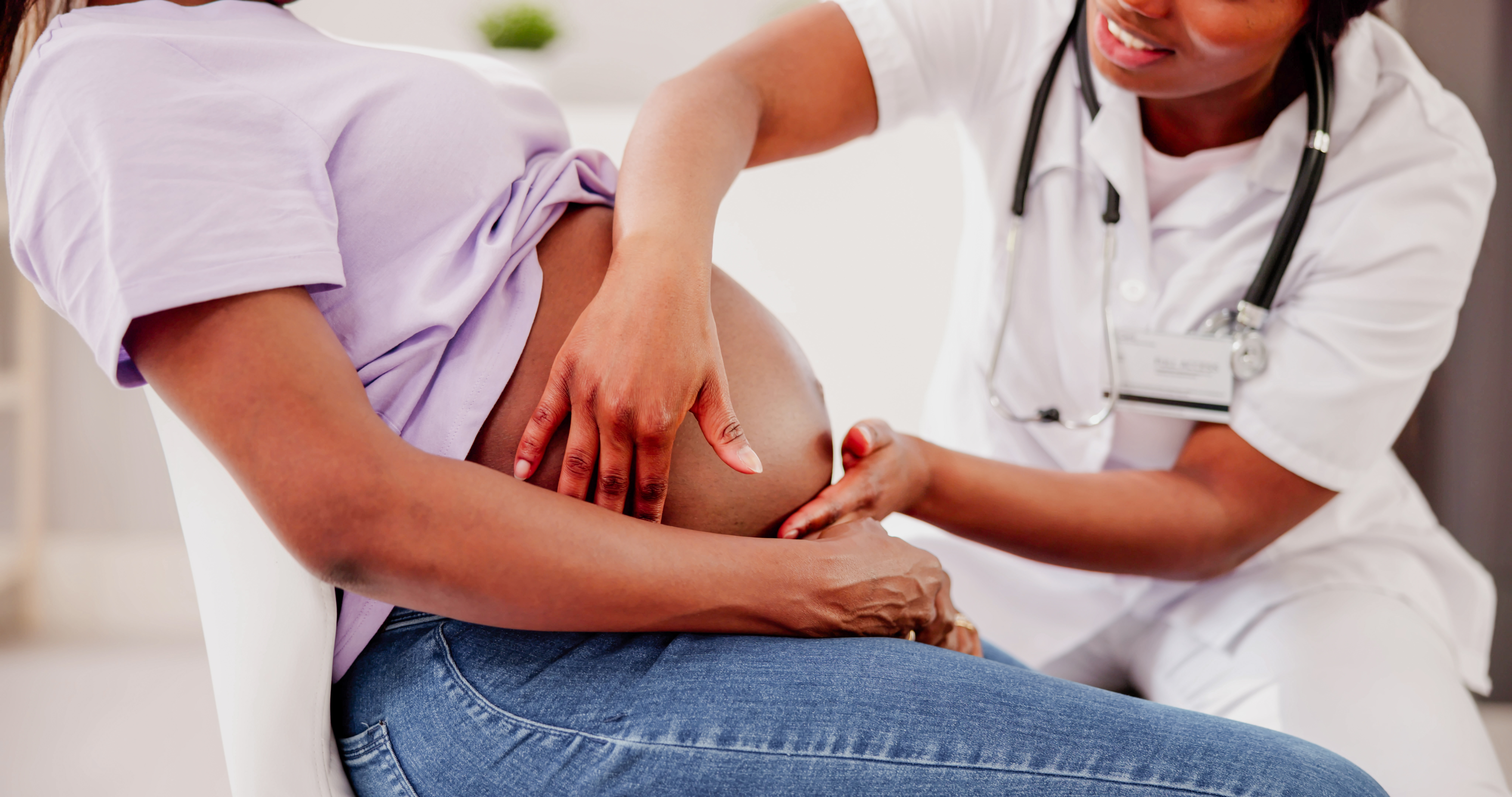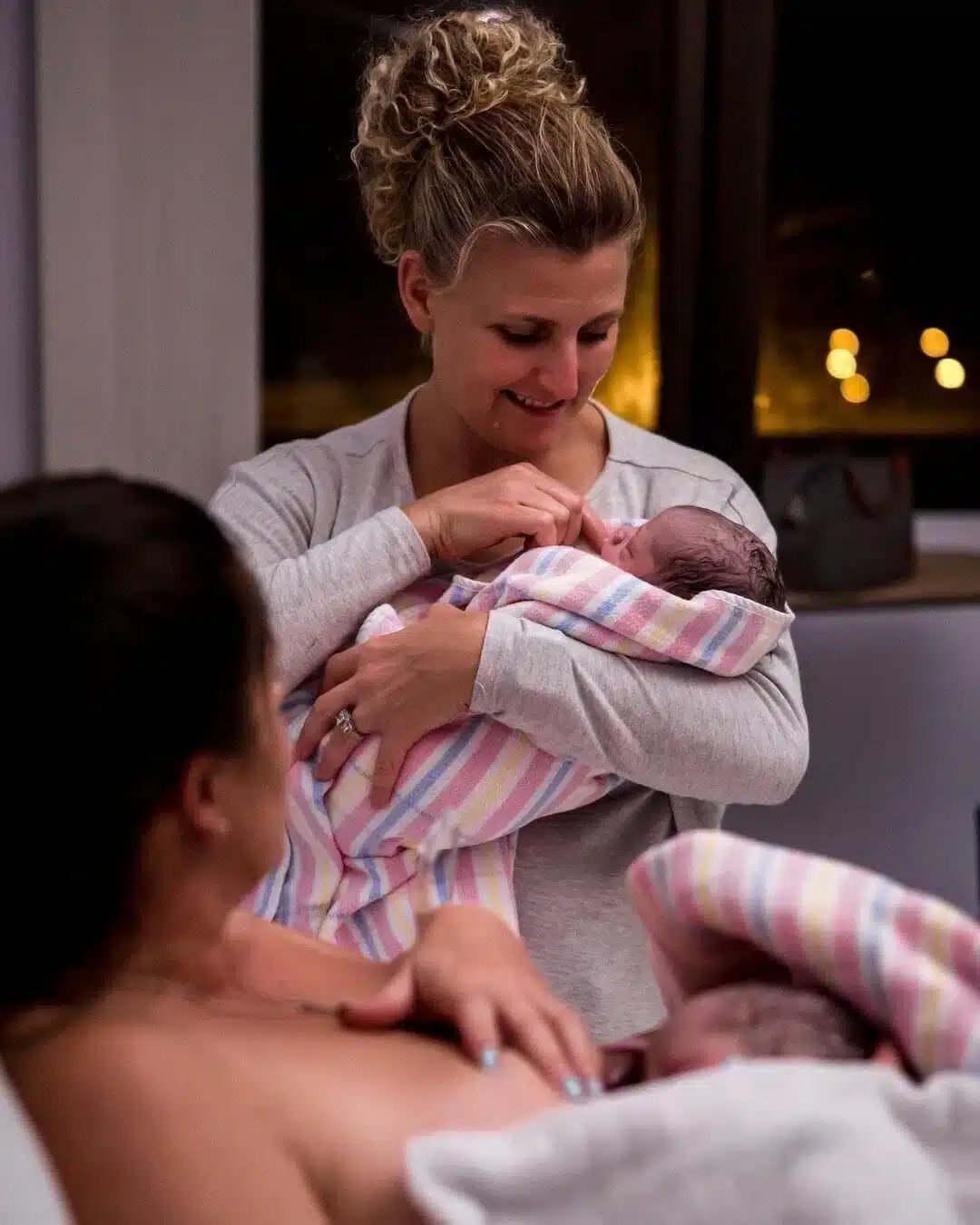Pregnancy What is Pre-eclampsia?
What is Pre-eclampsia?
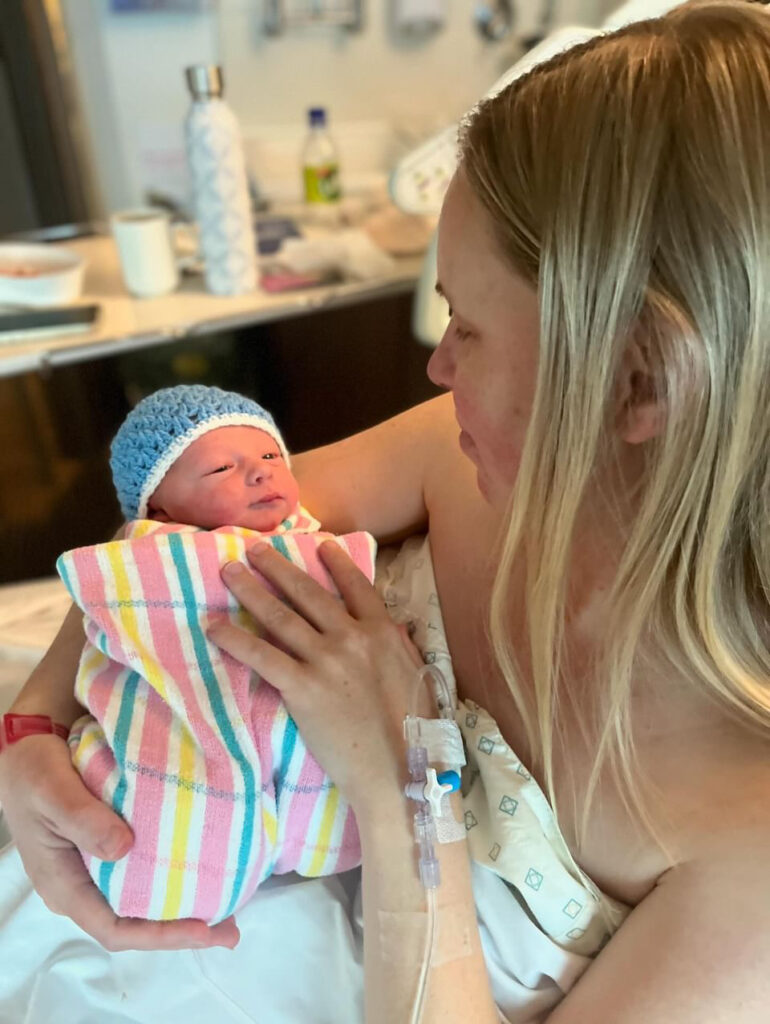
Pre-eclampsia is considered a serious pregnancy complication that requires prompt medical attention. It occurs after 20 weeks gestation and in rarer cases, can develop after birth (this is called ‘postpartum pre-eclampsia’). Between five and ten percent of preterm births in Australia are due to pre-eclampsia and its associated symptoms.
If at any stage of your pregnancy you suddenly develop a new symptom, you start to feel unwell or have a fever, or you notice a change in your baby’s pattern of movement, we encourage you to contact your care provider without delay. You’re the best judge of your body and your baby – you know better than anyone! – and regardless of the time of day or night, you’re never being a bother. Remember: your obstetrician or midwife wants to hear from you if you have any concerns (even if you don’t feel quite right but you can’t exactly pinpoint what your concerns are).
Early diagnosis and prompt medical management helps to prevent the serious complications of pre-eclampsia.
Symptoms of pre-eclampsia
Preeclampsia is the most common of serious pregnancy conditions. It typically presents in the second or third trimester, with early signs being high blood pressure (hypertension) or protein in the urine. You may not be aware of these symptoms, hence blood pressure and urine samples are routine checks in all antenatal appointments. High blood pressure affects one in 10 pregnant women and isn’t always a sign of preeclampsia. However, protein in the urine is a good indicator of the condition.
Symptoms of preeclampsia include:
- severe headaches
- visions problems, such as blurring or seeing flashing lights or stars
- dizziness
- pain in the upper abdomen (just below the ribs)
- shortness of breath
- nausea and/or vomiting
- excessive weight gain due to fluid retention
- reduced urine output
- feeling generally unwell
What causes pre-eclampsia?
There’s actually no known causes of pre-eclampsia but you are at higher risk of developing it if this is your first pregnancy, you have a history of high-blood pressure or you had pre-eclampsia in a past pregnancy. Other risk factors include: :
- you are pregnant with twins or more
- you have liver or kidney disease
- you are 40 years old or older
- it has been more than 10 years since your last pregnancy
- you were very overweight at the beginning of your pregnancy
- you have a family history of preeclampsia
How is pre-eclampsia treated?
Mild pre-eclampsia can be monitored throughout your pregnancy but you can expect more frequent antenatal appointments so your care provider can closely monitor you and your baby. At these appointments your midwife will take your blood pressure, request a urine sample to test for protein (this is known as ‘proteinuria’), and ask about any other symptoms.
If your pre-eclampsia is considered severe, you will likely be admitted to hospital for continuous monitoring. In most cases, you won’t return home until you’ve birthed your baby. Pre-eclampsia – and its associated high blood pressure – can be treated with medication but the only cure is to birth your baby.
Does pre-eclampsia affect the baby?
Pre-eclampsia can affect the functioning of the placenta which, in turn, affects the amount of blood and nutrients your baby receives. If ultrasounds show your baby’s growth has slowed, they will typically be diagnosed with intrauterine growth restriction (IUGR) which can be monitored for a while but in most cases, will prompt an induction of labour. A change of plans is always overwhelming, especially if you hoped for labour to start spontaneously, but positive induction stories do exist!
Does pre-eclampsia cause ongoing health complications?
Pre-eclampsia can prompt HELPP syndrome (Hemolysis, Elevated Liver enzyme levels, and Low Platelet levels) which is a serious condition resulting in high blood pressure, liver dysfunction and blood clotting issues (particularly problematic after birth). If your pre-eclampsia is serious, you’ll be required to stay in hospital before birth and you’ll be advised to stay for a few days afterwards to ensure you can be monitored for any developing symptoms.
Complications are rare but can include:
- Seizures
- Stroke
- Kidney failure
- Breathlessness caused by fluid retention in the lungs (pulmonary oedema)
Pre-eclampsia Stories
If you’ve been diagnosed with pre-eclampsia, you might find comfort in other women’s stories. Listen to Lou’s story in episode 119, Ash’s story in episode 269, Roisin’s story in episode 499 and Erika in episode 497.
Categories
Related Products
-
Birth Meditations
$49.00Narrated by Sophie Walker, these soothing and informative meditations help you feel supported and confident around birth.
Get your copy of our Perineal Massage Guide in your inbox
Keep Reading
We think you might enjoy these articles
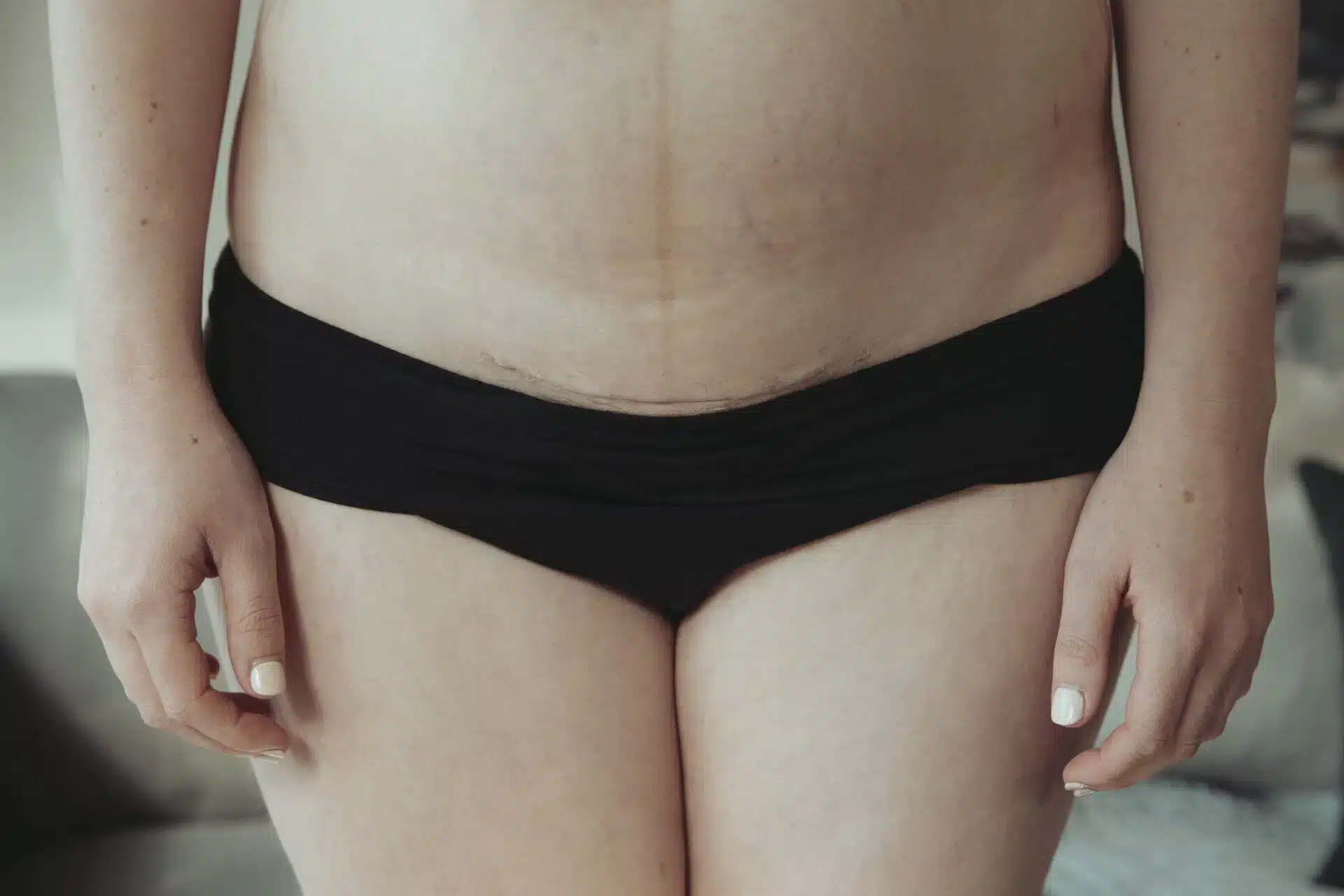
The Emergency C-Section Checklist You’ll Be Thankful You Had
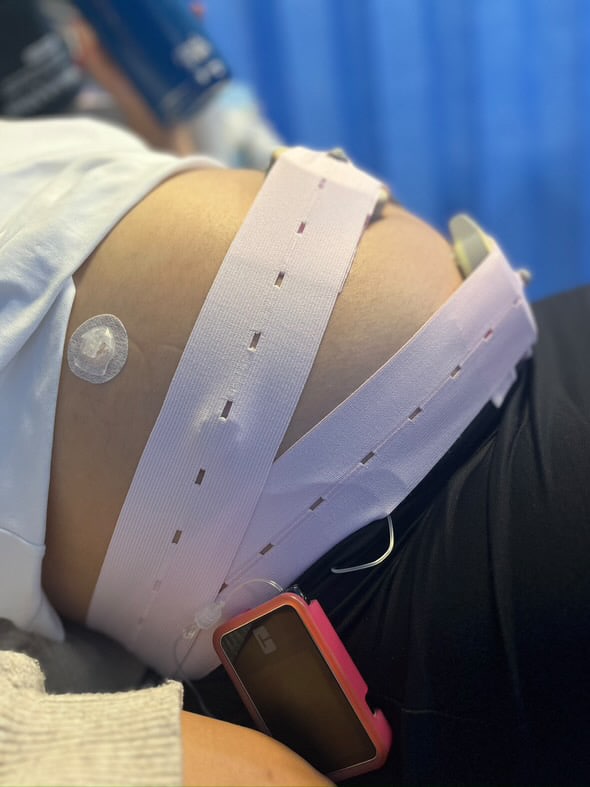
Pre-existing Diabetes and Pregnancy: What You Need to Know
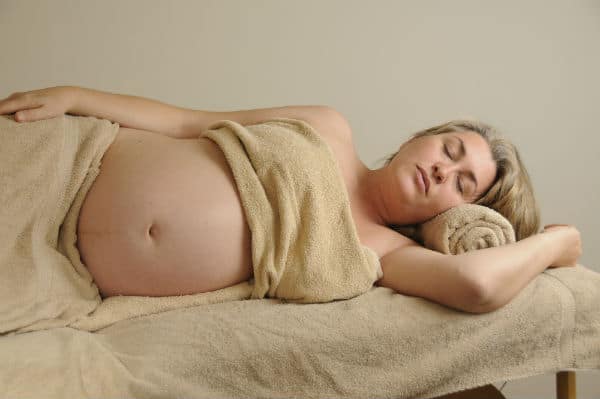
Harnessing the Power of Acupressure: A Natural Approach to Preparing for Birth

Thoughtful Christmas Gifts for your Pregnant Friend.
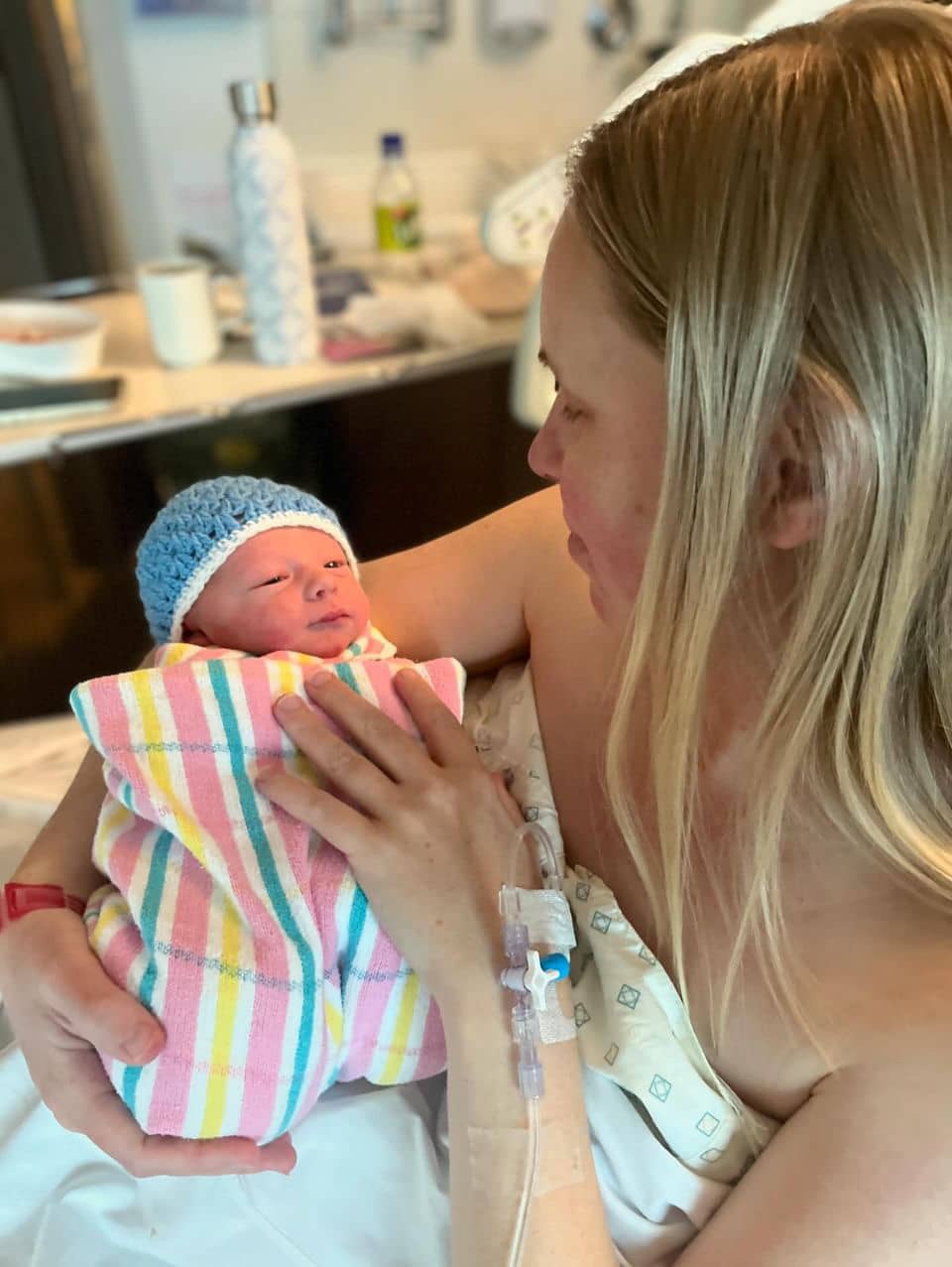
What is Pre-eclampsia?

Non-invasive Prenatal Testing (NIPT)
@AustralianBirthStories
Follow along with us
@AustralianBirthStories
Follow along with us
@AustralianBirthStories
Follow along with us
@AustralianBirthStories
Follow along with us
@AustralianBirthStories
Follow along with us
@AustralianBirthStories
Follow along with us
@AustralianBirthStories
Follow along with us
@AustralianBirthStories
Follow along with us
@AustralianBirthStories
Follow along with us
@AustralianBirthStories
Follow along with us
@AustralianBirthStories
Follow along with us
@AustralianBirthStories
Follow along with us

